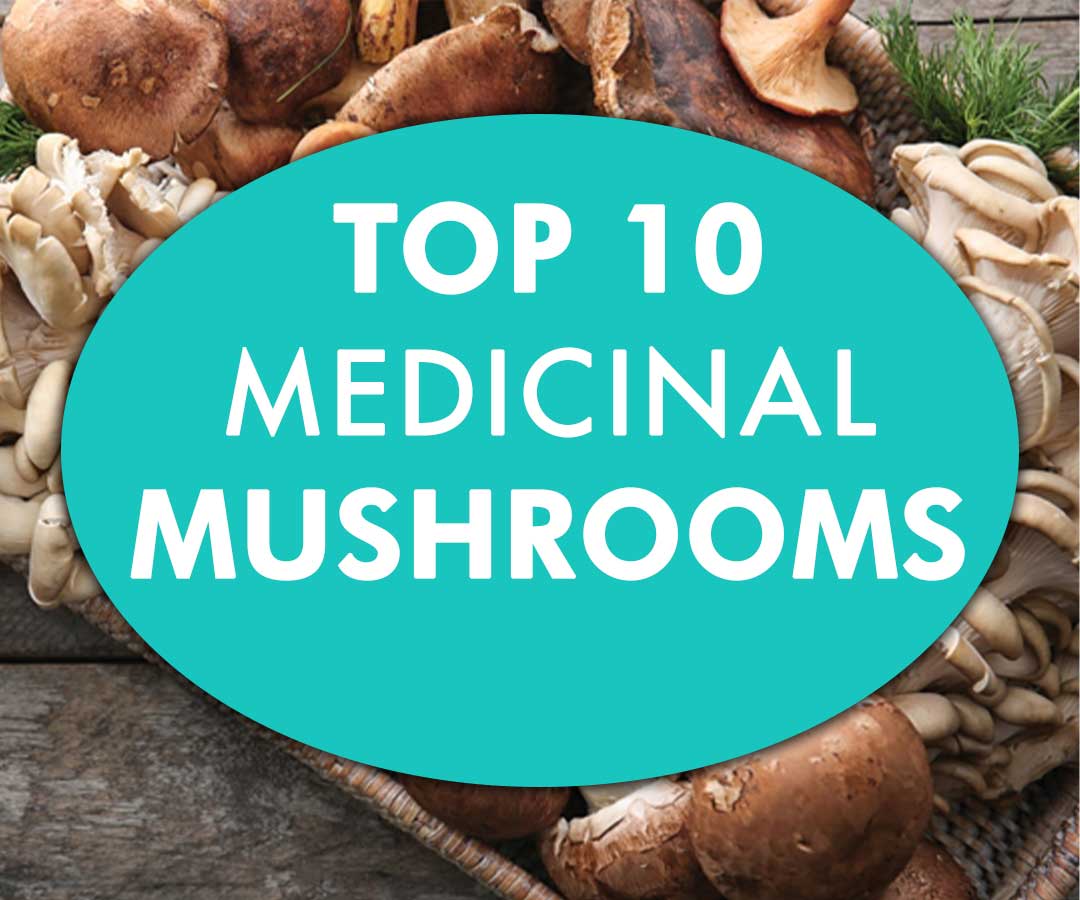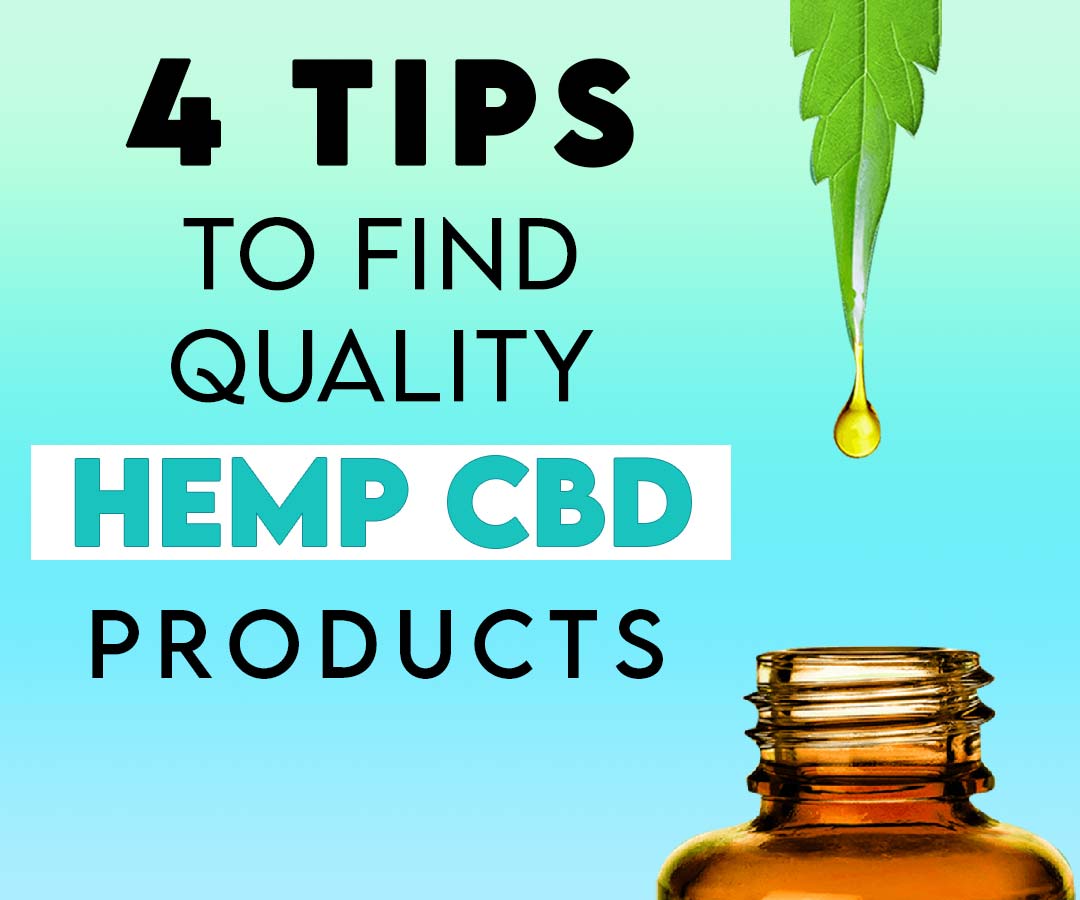
ANTIOXIDANTS FOR BETTER HEALTH
OVERVIEW
Why are free radicals bad and how does antioxidants play an important role in our overall health? In this article we will examine the fascinating world of antioxidants, exploring their role in combating free radicals and oxidative stress, and how they contribute to our overall well-being.
WHAT ARE FREE RADICALS?
Free radicals are molecules with an odd number of electrons making them unstable. This instability allows them to easily connect and steal electrons from stable molecules, thereby turning a once stable molecule into a free radical or unstable molecule. This process can trigger a chain reaction known as oxidative stress leading to damaged DNA and chronic health problems.
Free radicals are naturally produced in the body as byproducts of various metabolic processes, such as metabolism and immune responses. Additionally, they can also be introduced from external sources like pollution, radiation, tobacco, alcohol, stress, poor diet etc.
“Free radicals are unstable molecules that attack stable molecules causing oxidative stress”
WHAT IS OXIDATIVE STRESS?
Oxidative stress occurs when there’s an imbalance between free radicals and antioxidants in the body. When free radicals outnumber antioxidants, they can cause damage to cells and DNA which leads to various health issues. Oxidative stress has been linked to aging, inflammation, cardiovascular diseases, cancer, and neurodegenerative disorders like Alzheimer’s disease and Parkinson’s disease.
HOW ANTIOXIDANTS ARE OUR PROTECTORS?
Antioxidants are protective molecules that neutralize free radicals by donating electrons without becoming destabilized themselves. Without Antioxidants free radicals can run wild, causing damage to the surrounding molecules which leads to cell death.
Our bodies produce some antioxidants internally, while others are obtained through diet from mushrooms, fruits, vegetables, nuts, seeds, and whole grains. Mushrooms, a natural source of antioxidants, provide two super antioxidants: Ergothioneine and Glutathione.
“Mushroom provide two super Antioxidants: Ergothioneine and Glutathione”
ERGOTHIONEINE “Superhero”

Ergothioneine, a bioactive amino acid acting as a “master antioxidant,” is present in all human tissues. It prioritizes vital organs and cells exposed to high oxidative stress, such as the liver, kidneys, red blood cells, and eye tissue. Like a superhero, Ergothioneine, rushes in to protect and fight against oxidative stress and toxic free radicals. It is receiving increased attention for its important role in the prevention of diseases including those that affect the immune reproductive and central nervous systems.

Ergothioneine, a bioactive amino acid acting as a “master antioxidant,” is present in all human tissues. It prioritizes vital organs and cells exposed to high oxidative stress, such as the liver, kidneys, red blood cells, and eye tissue. Like a superhero, Ergothioneine, rushes in to protect and fight against oxidative stress and toxic free radicals. It is receiving increased attention for its important role in the prevention of diseases including those that affect the immune reproductive and central nervous systems.
Ergothioneine is unique in that is has its own specific gene and transport system, the Ergothioneine Transporter (ETT). Like the “Batmobile”, the ETT transports Ergothioneine across cell membranes and into the cell where it is needed thereby providing protection on a cellular level. Inflammation in the body is Ergothioneine “Bat-Signal” that calls it into action which why it is being studied as a therapeutic strategy for chronic inflammatory diseases.
Unlike other antioxidants Ergothioneine has a very long half-life of 30 days in the body and is resistant to heat and acidity which means, like a superhero, it’s enduring, powerful and there to save the day.
“Ergothioneine is abundant in medicinal mushrooms”
Ergothioneine is abundant in medicinal mushrooms and found in lower quantities in a few vegetables. However, the modern use of chemical fertilizers, herbicides, fungicides has been steadily depleting Ergothioneine in vegetables. That combined with the consumption of highly processed foods is leading to increase of deficiencies of Ergothioneine in our diets. In 2010, researchers at Pennsylvania State University discovered that Ergothioneine levels in the late 1920s were nearly double compared to current levels. This finding suggests that the deficiencies of Ergothioneine in our diets may contribute, in part, to the rise in diseases such as diabetes, arthritis, neurodegenerative conditions, and other inflammatory diseases.
GLUTATHIONE “The Protector”

Glutathione, a powerful antioxidant, found in every cell in the body, is unique in that it deals directly with the causes of oxidative stress by neutralizing and removing internal and external toxins, chemicals and pollutants before they can form into damaging free radicals.
It also protects us from oxidative stress, supports detoxification and protects against toxic metals, alcohol and persistent organic pollutants (POP’s).

Glutathione, a powerful antioxidant, found in every cell in the body, is unique in that it deals directly with the causes of oxidative stress by neutralizing and removing internal and external toxins, chemicals and pollutants before they can form into damaging free radicals.
It also protects us from oxidative stress, supports detoxification and protects against toxic metals, alcohol and persistent organic pollutants (POP’s).
POP’s are known as “forever chemicals” are organic elements, resistant to environmental degradation, that accumulate and cause harm to the human body and environment. POP’s include pesticides, solvents, pharmaceuticals and industrial chemicals.
Our liver naturally produces Glutathione but that production decreases with age. Researchers have found links between low glutathione levels and age-related conditions such as glaucoma, macular degeneration, Alzheimer’s and loss of hearing. A study in a senior community found that higher glutathione levels were associated with better health, fewer illnesses, and overall feeling of wellness.
Glutathione depletion triggers cell death and has been strongly associated with various diseases such as neurodegenerative (Parkinson’s, Alzheimer’s, Huntington’s), cardiovascular (hypertension, myocardial infraction), pulmonary (COPD, asthma and acute respiratory distress syndrome), immune (HIV and autoimmune diseases), liver diseases (hepatitis, fatty liver, cirrhosis), cystic fibrosis, macular degeneration, cataracts, glaucoma and loss of hearing.
“Researchers have found links between low glutathione levels and age-related conditions”
HOW TO INCREASE GLUTATHIONE LEVELS
Increasing glutathione levels in the body can be achieved through several lifestyle and dietary strategies. Consuming sulfur-rich foods like garlic, onions, vegetables, eggs, and most importantly mushrooms. A 2017 study found that mushrooms are amount the most significant dietary sources of both super antioxidants, Glutathione and Ergothioneine.
We can also increase our glutathione levels by decreasing our exposure to persistent organic pollutants (POP’s), including alcohol and harmful ingredients, heavy metals, toxins or other dangerous solvents or chemicals. By decreasing our body’s toxic load will decrease the need to Glutathione thus allowing levels to increase.
CONCLUSION
In conclusion, antioxidants play a vital role in protecting our bodies from the harmful effects of free radicals and oxidative stress. By incorporating antioxidant-rich foods, such as medicinal mushrooms, into our diets and leading a healthy lifestyle, we can support our body’s natural defense mechanisms and promote overall well-being. So, let’s raise a toast to antioxidants—the ultimate defenders of cellular health!
These statement has not been evaluated by the Food and Drug Administration. This product is not intended to diagnose, treat, cure, or prevent any disease.
As with any supplement, consulting with a healthcare professional is advisable, especially for those with underlying health conditions or taking medications.



